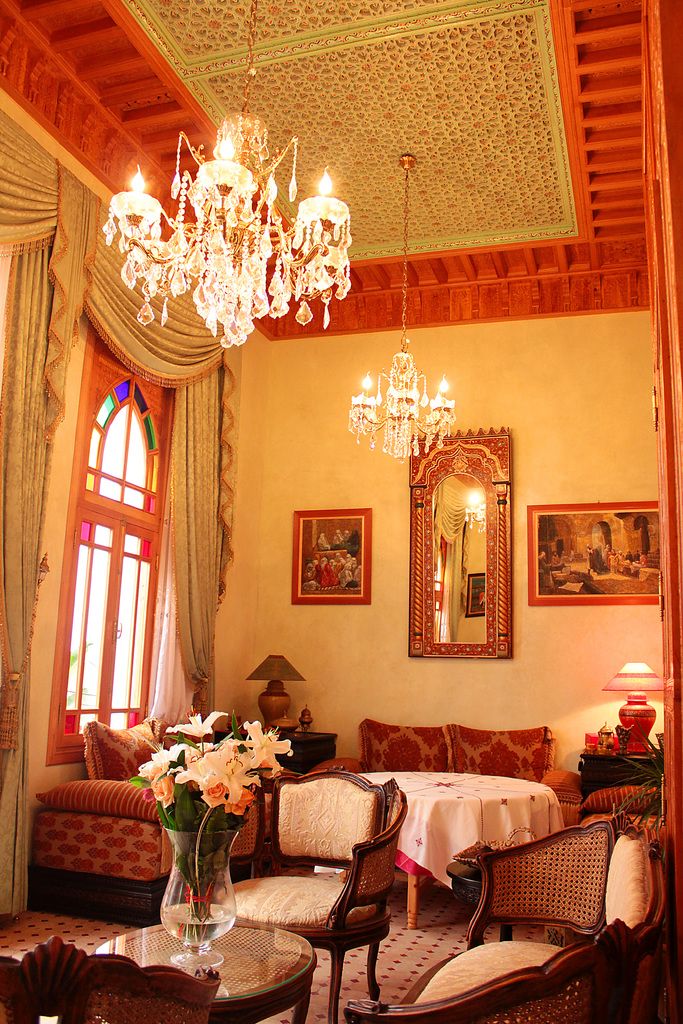Bargain Hunters in China: Luxury Items Going Cheap as Middle Class Struggles
Astoundingly low-priced designer bag available for just 27 euros.
Facebook Twitter Whatsapp E-Mail Print Copy Link
In the heart of Beijing, discount battles are heating up the market, with numerous companies slashing prices to lure customers amidst a struggling middle class. The second-hand luxury segment, in particular, is booming, revealing a newfound price-consciousness among crisis-hit consumers. Fears of a broad-based price decline are looming large in the country's political circles.
Mandy Li, an energy company employee, used to splurge on new luxury bags every now and then. However, a 10% pay cut from her state-owned employer and a 50% drop in her family's real estate value has forced her to switch to buying used bags. "I'm trimming the fat from my expenses," says the 28-year-old Li while browsing luxury items at the newly opened second-hand store, Super Zhuanzhuan. "The economy is undeniably in a downturn," she explains her shift to pre-owned items. "My family's wealth has taken a massive hit due to China's ongoing real estate crisis since 2021."
Economists' Warnings Amazon Starts 'Haul' in Germany, Challenging Temu with Own Bargain Section As the risk of deflation accelerates in the world's second-largest economy, consumer behavior is evolving in a way that could further push prices down. This is causing concern among Chinese policymakers, who fear dire consequences for businesses in case of a broad-based price decline.
Consumer prices are barely falling: May saw a 0.1% decrease compared to the previous year. Yet, price wars are rampant in various sectors, from automobiles to e-commerce to coffee. An excess supply of commodities coupled with sluggish demand from households leads economists to anticipate chronic overcapacities, keeping China in deflation until 2023 as per Capital Economics analysts.
New ventures are targeting thrifty buyers directly. Breakfast menus are now offered for as low as 3 yuan - less than 0.40 euros. Supermarkets host flash sales up to four times a day. Nevertheless, economists express concern over this trend, as it could drive several companies to bankruptcy, leading to higher unemployment and further aggravating deflation.
Second-Hand Sector Thriving Since the COVID-19 pandemic, the Chinese market for used luxury goods has experienced robust growth - with annual expansion rates sometimes exceeding 20%, according to a Zhiyan Consulting industry report. This growth has led to an increase in the number of listings. Large second-hand platforms like Xianyu, Feiyu, Ponhu, and Plum now offer discounts of up to 90%, a significant departure from the 30-40% standard of recent years. "In the prevailing economic climate, we're seeing luxury consumers turning to the second-hand market," says Lisa Zhang of Daxue Consulting, a market research firm focusing on China. Sellers "are offering more discounts due to increased competition."
Companies Under Pressure Super Zhuanzhuan has a Christie handbag model from New York luxury brand Coach priced at 219 yuan (27 euros), originally retailed for 3260 yuan (397 euros). A G-Cube necklace from Givenchy, initially priced at 2200 yuan, is now available for 187 yuan.
"The number of sellers is growing by around 20% each year, but the number of buyers is quite stable," confesses the founder of a luxury enterprise who wishes to remain anonymous. "Middle-class income has truly decreased. The economy is the main reason we're witnessing these trends." While there are enough buyers in major urban centers like Shanghai and Beijing, this is not the case elsewhere in China. "I expect most of the recently opened businesses will close," he predicts.
University professor Riley Chang visits Super Zhuanzhuan, not to buy something new, but to assess what she could sell from her collection. She finds the offered prices inadequate. "I've inspected several large secondhand luxury stores in Beijing and Shanghai, and they all aim to keep prices as low as possible."
Source: ntv.de, mau/rts
Enrichment Data:
The drop in spending power and the growing price consciousness among China's middle class, resulting in a surge in the second-hand luxury goods market, can be attributed to several factors:
- Economic Slowdown: China's economy has been plagued with issues, including weak consumer spending and a slump in the real estate sector, which has eroded consumer confidence and altered spending habits[3][5].
- Inflation and Consumer Price Index (CPI) Changes: The Chinese government has lowered CPI targets, signaling an acceptance of low inflation. However, actual CPI has decreased, indicating weak consumer demand[2].
- Psychological Impact: The economic slowdown has not only impacted wallets but also the psychological well-being of the middle class, leading to reduced spending on non-essential items[1][2].
- Government Policies: Public spending cuts have influenced consumer behavior, discouraging unnecessary expenditures and promoting thriftiness[2].
- Economic Uncertainty: The real estate crisis and high domestic debt levels have undermined consumer confidence, making individuals more cautious with their spending[5].
- Global Economic Pressures: Tariffs and trade tensions have added to the economic uncertainty, affecting consumer behavior and increasing the appeal of cost-effective options like second-hand luxury goods[5].
As a result of reduced purchasing power and increased price awareness, there is a growing demand for second-hand luxury goods. This market offers consumers an opportunity to maintain their status symbols at a lower cost, aligning with the current economic climate. As consumers become more frugal, they are seeking value for money, and the second-hand luxury market provides a perceived balance between affordability and prestige.
- The increasing number of discount battles in China indicates that several companies are altering their employment policies to address the struggling middle class, aiming to retain customers by slashing prices across various sectors, including luxury items.
- Amidst the ongoing economic downturn and deflation, businesses in China are under pressure to implement creative financing strategies to stay afloat, as the price-conscious consumer market turns towards affordable alternatives such as the thriving second-hand luxury sector.







